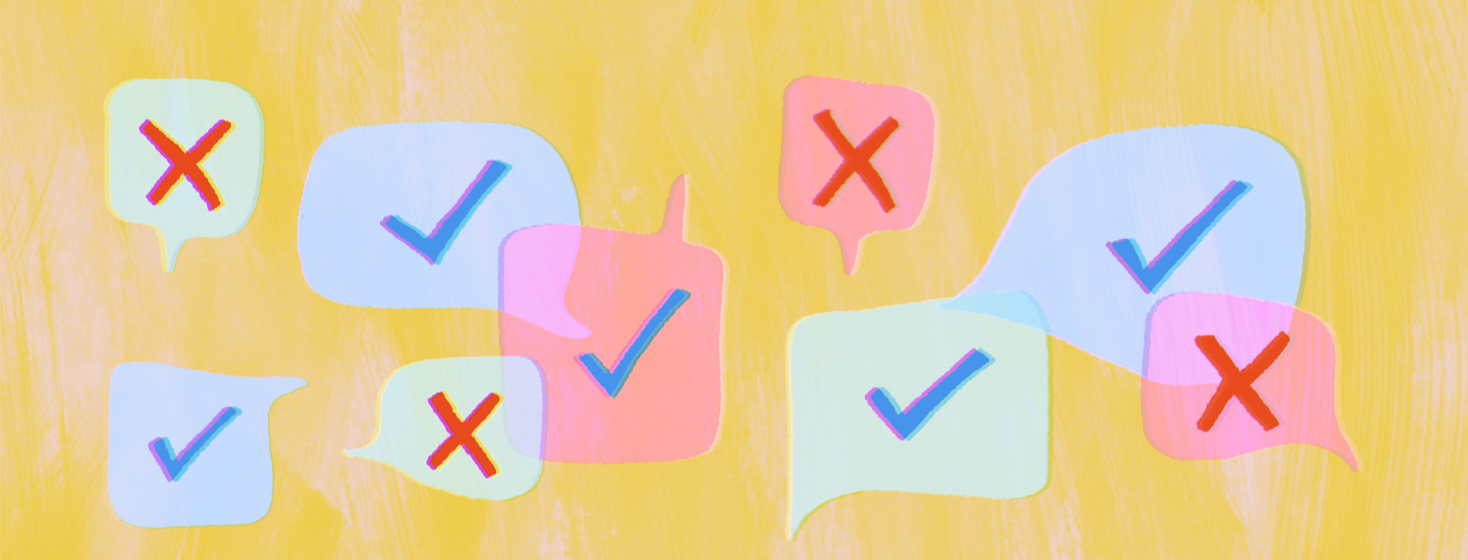The Things People Don’t Tell You About Endometriosis
Endometriosis is not a well-known or understood condition. What is known is often not totally accurate.
When I was diagnosed I felt so alone because no one I knew had it. While those close to me didn’t understand it.
It’s hard for people to see past the pain and not assume that it’s just period pain. They also don’t understand that endometriosis encompasses more than just period pain.
That said, let’s look at some facts about living with endometriosis most don’t know.
Symptoms of endometriosis don’t only happen with or directly around your period.
Like most others with Endometriosis, I deal with debilitating pain around my period as a major symptom of the condition. But there are so many other symptoms that have no relation to your cycle.
Endometriosis pain extends far past the 5-7 days of your period. The pain can happen when you are moving your bowels during urination. It can cause pain during intercourse. As well as when trying to use a tampon, or really at any random time.1
Endometriosis can cause nausea, fatigue, constipation, and diarrhea. These symptoms are often worse if they occur with/around your period. But unfortunately, they don't always go away when you’ve finished your cycle.
TThe biggest side effect or complication of endometriosis that many are aware of is infertility. Endometriosis is one of the top three causes of female infertility.
The American Society for Reproductive Medicine says endometriosis is found in as many as twenty-four to fifty percent of women who have struggled with infertility.2
Sadly, many women may not know they have endometriosis until they have problems getting pregnant.
The pain associated with endometriosis can be debilitating. Many people know that pain is one of the classic symptoms of endometriosis. This pain occurs when the tissue that lines the uterus grows somewhere that it shouldn’t. Endo pain can also be felt in places besides your lower abdomen.3
It can be felt in your pelvis and lower back, and pain is felt when your bladder is full or with defecation.
The pain felt during your period should not be debilitating, and debilitating pain is not normal.
Getting a proper diagnosis can be long ended, exhausting and frustrating
SpeakEndo.com surveyed over 4000 women with endometriosis. Their research found that in order to get a proper endometriosis diagnosis it can average anywhere from 6 to 10 years!4
This happens mainly because women's symptoms are often misdiagnosed. In this case, women may be told that their symptoms are “just bad period symptoms” and they are sent on their way.
It can also be hard to diagnose endometriosis for some because the symptoms can look like other conditions. “About 1 out of 3 women consult 3 to 4 physicians before receiving an endometriosis diagnosis.”4
Advocating for yourself
Just like any other chronic condition you have to learn to really stand up and advocate for yourself. The healthcare system is so overwhelmed that we don't get much time with doctors.
Keep a log of your daily symptoms, the things you’ve done to treat them, and your pain level. As someone who has spent much of my life in the medical system both as a patient and as a Registered Nurse, I encourage you to always stand up for yourself and make sure your providers understand what is going on.
If you feel like you aren’t being listened to, you have every right to get another opinion. The best thing you can do for yourself is to advocate for yourself and your needs.

Join the conversation